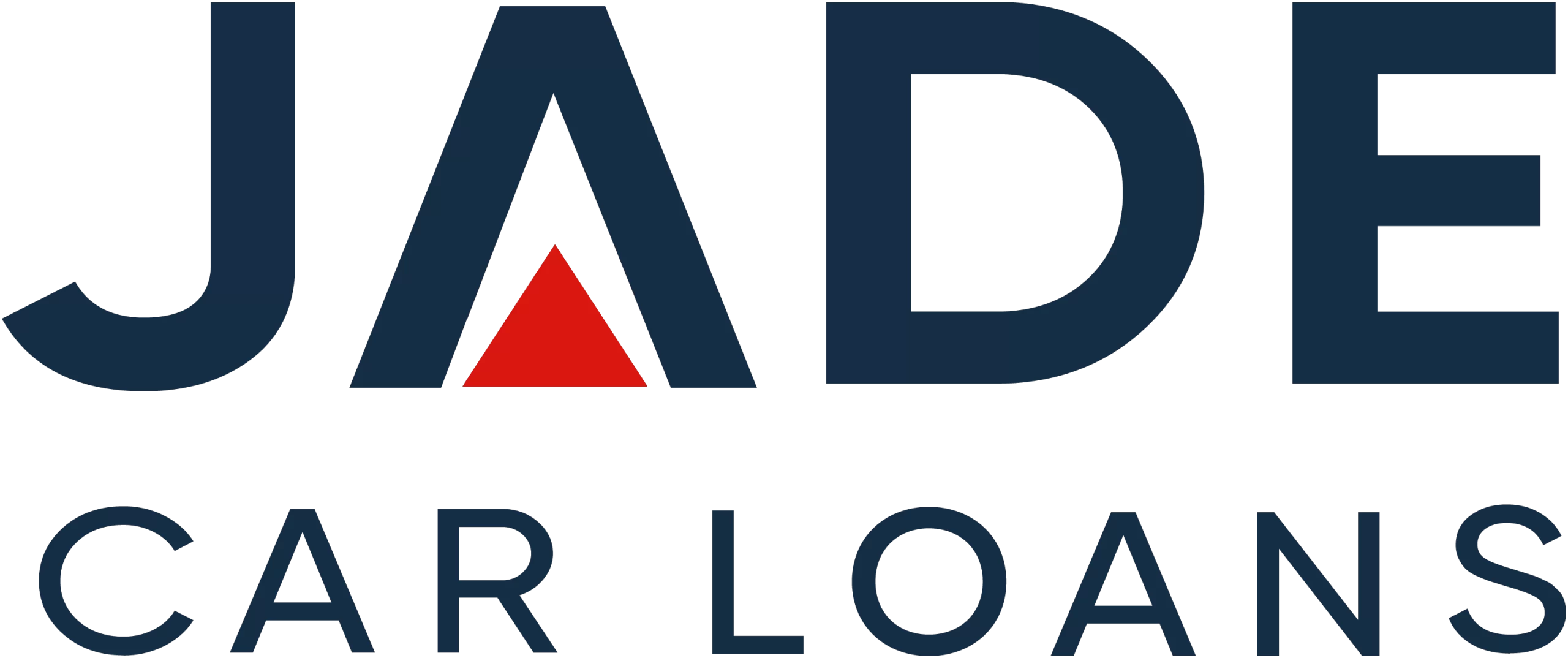Amidst a developing flood crisis in Queensland and NSW and increasing global concern over the war in Ukraine, the Reserve Bank of Australia (RBA) Board held its scheduled monthly meeting to determine interest rates. Since the previous Board meetings in December and in February, economists, analysts and many others have been calling for and anticipating a rate rise. But the March RBA rate decision was to keep rates steady.
The RBA has held the official cash rate at the 0.1% historic low since November 2020 and has continually stated its position as being patient and maintaining a supportive monetary policy position to achieve its stated targets.
In the statement accompanying the March rate decision, Governor Philip Lowe noted that the global economy was continuing its pandemic recovery but that the war in Ukraine was a new and major source of uncertainty. Increases in the price for energy and the disruption of supply chains had led to sharp increases in inflation in some areas of the world.
The resilience of the Australian economy following Omicron was noted with a pick-up in spending and an uptick in investment by businesses. This, Dr Lowe said, was evident in the unemployment figures which, at 4.2% is the lowest in 14 years. While wages growth had picked up it remained at low rates.
Dr Lowe notes that inflation had increased at a faster rate than was expected by the RBA. The forecast for underlying inflation is an increase in the coming quarters to in the region of 3.25% before a fall to the vicinity of 2.75% over 2023. This would be in response to resolution of supply issues and return to more normal patterns of consumption.
The statement notes that it is too early to draw a conclusion that the pick-up in inflation is sustainable within the RBA’s target of 2-3%. It concludes by reiterating the Board’s patience and that it will be monitoring how a number of factors that affect inflation evolve in Australia.
The RBA Board is next scheduled to meet to make a decision on interest rates on the first Tuesday in April.
National Accounts Figures
Just days after the RBA Board meeting, the Treasurer Josh Frydenberg announced the National Accounts figures for the December quarter. The figures show a 3.4% growth in the quarter which is the biggest in 46 years.
Mr Frydenberg said that Australia was outperforming many other countries and we had one of the strongest recoveries in the world from the coronavirus pandemic. He said the consumption growth had rebounded as both NSW and Victoria came out of lockdown in the December quarter.
The Treasurer echoed the RBA’s sentiment of February, saying that Omicron had not derailed the economy. He said that the Australian economy was in a strong position despite global uncertainty.
Car Loan Impacts
For those considering purchasing a new vehicle with finance in the near future, keeping an eye on the interest rate position is important. The RBA is the body that determines the official cash rate which forms a basis for banks and lenders to set their individual interest rates for their different loan markets.
In line with the March RBA rate decision statement which noted financial conditions remain highly accommodative, car loan interest rates remain at low levels. This can be seen across our loan portfolio of both personal car loans and business vehicle finance. The rates for personal loans are different from those for business finance. The interest rate also varies for different business finance products – Chattel Mortgage, Lease and Commercial Hire Purchase.
While some lenders have already moved to lift their individual rates in some lending markets, the RBA holding the cash rate steady should ensure car loan interest rates also remain low for the time being. Jade Car Loans focuses on achieving the cheapest interest rates from across our lender panel.
Interest is the major determinant of the cost of car finance and achieving the cheapest interest rate will ensure a cheaper loan. Rates offered will vary across the lender market and this can be seen in our interest rate comparison table. Note that the interest rates advertised by lenders are for new vehicles and for loan applicants with a good credit profile.
Using our Car Commercial Financing Calculator the impact of a higher interest rate on loan repayments and hence the overall cost of a loan can clearly be seen.
While the RBA has once again held the cash rate at the historic 0.1% level, economists are predicting a rate rise to happen in 2022, possibly as soon as June. Those considering a new car purchase with finance can avoid any rise by securing their finance at the current rates and ensuring a fixed interest rate. Jade offers fixed interest rates across our loan products so our customers are assured their loan rate and their repayments will remain fixed over the term of the loan.
To discuss your motor vehicle finance requirements contact Jade Car Loans on 1300 000 003
DISCLAIMER: IN REGARD TO MISREPRESENTATIONS AND ERRORS CONTAINED IN THE MATERIAL AS PRESENTED, LIABILITY IS NOT ACCEPTED. THE DETAILS AND CONTENT IS PROVIDED FOR CAR BUYERS AND INDIVIDUALS AND BUSINESS SEEKING FINANCE PURELY AS GENERAL INFORMATION. THIS IS NOT PROVIDED AS THE ONLY SOURCE OF FINANCIAL INFORMATION. ANYONE THAT CONSIDERS THAT NEED FINANCIAL ADVICE ABOUT THEIR SPECIFIC REQUIREMENTS SHOULD SEEK THEIR OWN FINANCIAL ADVISOR.


